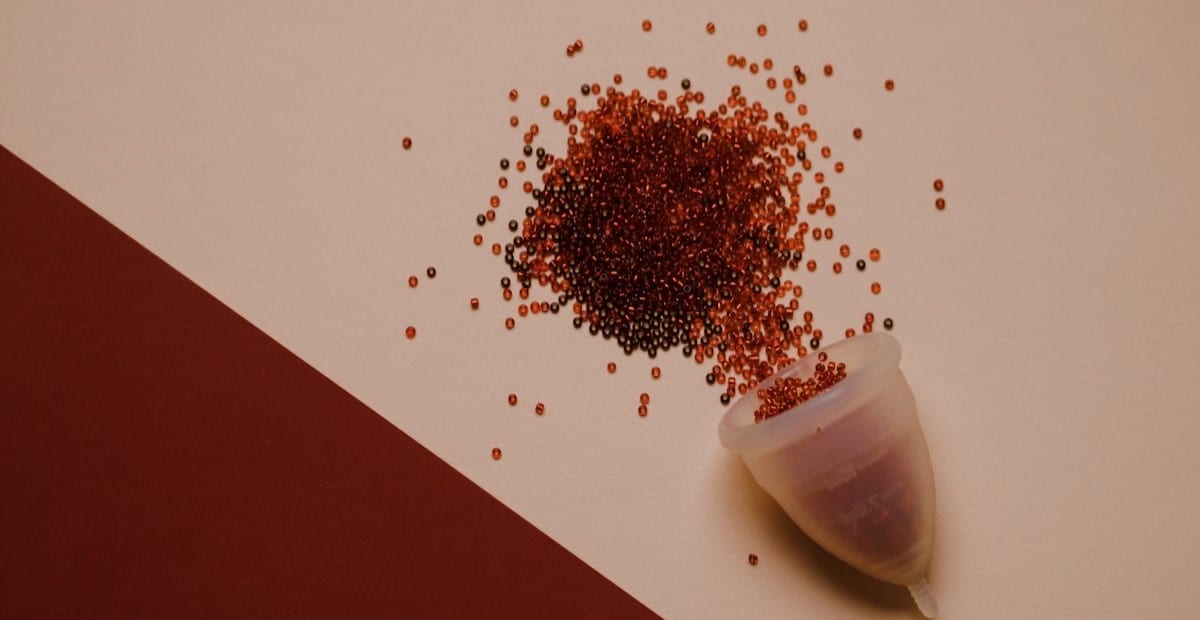
Contents
Weight gain to weight loss can lead to amenorrhea, let’s change that
”I’ve just lost weight!” – it can be one of the best feelings in the world. You’ve put the work in, stay consistent, felt amazing, and you’ve finally lost those ever-present extra few pounds.
But for some, it’s not as easy as that.
No matter your balanced diet efforts or your healthy weight loss routine dedication, there’s still one thing in the way.
The menstrual cycle, and actually not in the way most people would think.
Weight changes, whether it’s losing weight or a push to gain weight, can lead to the absence of your period. Young women feel the effects of this widespread issue en mass. With factors like the common eating disorder, weight shifts from growing up and birth control pill issues, our younger generation of girls are facing many problems.
So no matter your current position, if you’re feeling the pain or confusion or helplessness of period loss, then let’s look at a few ways to help.
Weight changes
Let’s look at how calorie intake, gained weight, and weight loss affect your period. Both weight loss and weight gain have been shown to contribute to missed periods. Data reveals that weighing in with a BMI of 19 or over 25 can lead to infertility, missed periods and general ovary function issues.
So if you want to prevent period loss or get your period back, then you’ll want to monitor your weight changes. The research doesn’t lie, be careful.
Exercise routine issues
Exercise and weight changes have an obvious relationship. Just like the very thing being affected by exercise (weight), exercise issues themselves can be affected by a range of factors. Abbey’s Kitchen writes, ”Intense physical activity places stress on your body, which in turn can affect the hormones responsible for our periods. Getting technical here, exercise can decrease GnRH, leading to low levels of FSH, LS and estrogen.”
Athletes are said to be three times more likely to be affected by amenorrhea than non-athletes. So, if you’re worried about period issues, then weight loss or weight gain, triggered by exercise or lack thereof needs to be considered.
Eating right
Weight loss through dieting is also another big consideration. You need to ensure that your calorie intake isn’t affecting your menstrual cycle. Sure, you want to be able to go on a diet, but the more extreme diets may be a problem here. Eating disorders can quickly present themselves, so make sure you’re not going down this pivotal path.


Conclusion
It’s not about having ‘normal weight’ it’s about monitoring any lifestyle changes that could be affecting your periods. Make sure you’re gaining weight sensibly and not losing too much too quickly.
FAQs
Are painful periods a bad sign?
Depending on the severity of the pain, it’s always worth researching and taking care of your pains, especially if this continues over a few months
When dieting, is all the weight lost, body fat?
Not necessarily, often, there is a degree of muscle loss too. Weight loss can refer to muscle, water and not just body fat. Although fat loss is specific and often a healthy thing to work towards, it can be tricky to gauge whether you are losing the weight from muscle or fat.